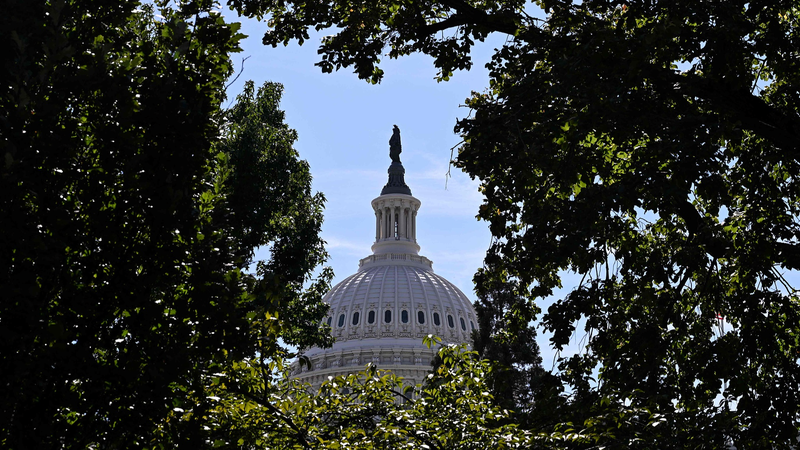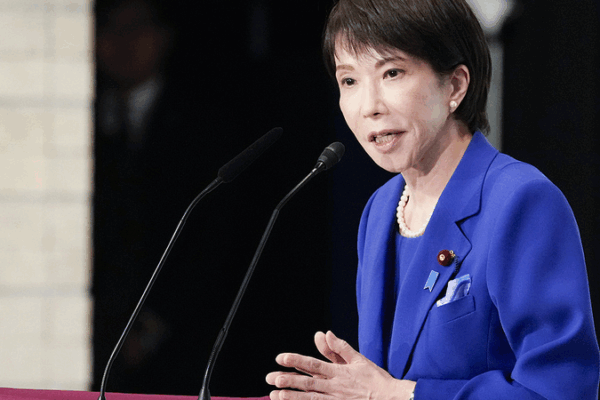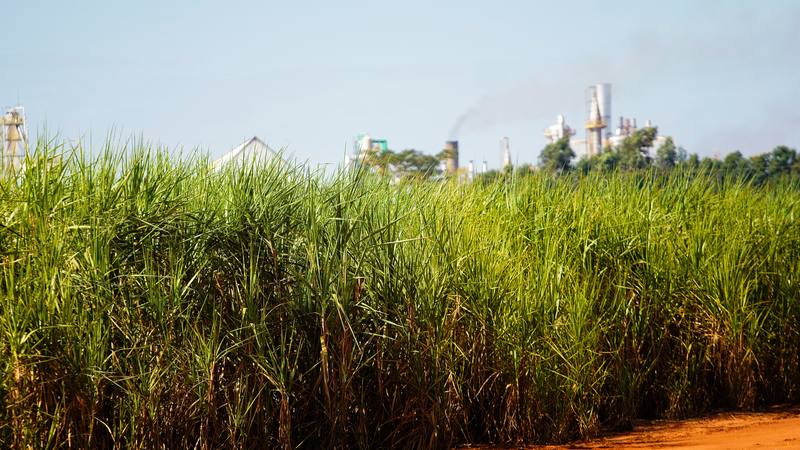
When Gridlock Hits Home: Human and Global Costs of the U.S. Shutdown
The U.S. shutdown lays bare the human cost of political deadlock, from unpaid federal workers to delayed data that roils global markets.
My Global News: Voices of a New Era
🌍 Stay Ahead, Stay Global 🚀

The U.S. shutdown lays bare the human cost of political deadlock, from unpaid federal workers to delayed data that roils global markets.

Sanae Takaichi wins LDP leadership race, putting Abenomics back in focus as Japan eyes fiscal stimulus, tax cuts and market reforms under its first female leader.

Global food prices dipped in September as sugar and dairy declines offset record-high meat prices, easing consumer pressures worldwide.

The U.S. Supreme Court postponed its ruling on Trump’s power to remove a Fed governor, a case with major implications for central bank independence and global trust in the dollar.

At the Fourth Global Digital Trade Expo in Hangzhou, digital trade surged with 1,800+ firms from 154 countries and regions driving a 54% rise in global participation.

US consumer sentiment plunged to 55.1 in September as inflation and job concerns mount, signaling tighter spending ahead.

South Korea reaffirms commitment to finalizing a U.S. tariff deal tied to a $350B investment, as both sides work to resolve differences since July.

Chinese Premier Li Qiang said China will no longer seek new SDT in WTO talks, marking a shift toward greater responsibility and fairness in global trade.

The Fed’s September meeting is overshadowed by President Trump’s board maneuvers as the central bank weighs a pivotal interest rate decision with global consequences.

WTO’s World Trade Report 2025 forecasts AI could drive a 34% to 37% rise in global trade and a 12% to 13% GDP boost by 2040, with digitally deliverable services leading the surge.